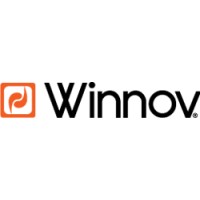
KSI Keyboards
KSI Keyboards manufactures desktop security and infection control products used by healthcare entities around the world. KSI’s innovative keyboards feature mix-and-match options – integrated biometrics, RFID badge reader technology, BLE, and a patented desktop infection control program. Our award-winning LinkSmart® keyboard cleaning button with San-a-Key® companion software – recognized by the American Hospital Association – helps prevent the spread of germs and bacteria. Biometrics and RFID, together in one device, offer multifactor authentication of end users that is essential to properly securing the desktop and providing key compliance with ePrescribe platforms. Collaboration with leading software and hardware partners delivers compatibility with leading single sign on platforms used by the healthcare market to secure the desktop. All integrations operate through one USB cable, helping to unclutter the desktop and conserve valuable thin and zero client ports. Unique in the marketplace, KSI endpoint devices offer strong authentication and user-defined infection control in a single, smart, compact device. Forty+ years strong, KSI is here to serve you. Visit ksikeyboards.com to learn more about the advanced desktop solutions offered by Key Source International.






